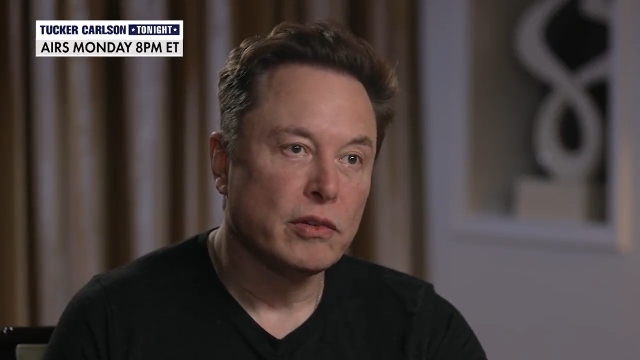
A new report by investigative journalist Sharyl Attkisson has found that so-called "fact checking" is nothing more than a government propaganda campaign created by the CIA.
In collusion with Big Tech, the CIA tightly regulates the flow of information online to ensure that as little truth as possible makes it past the censors. Some of it still slips through, but most of it eventually gets tagged as "misinformation."
Virtually everything you see online, Attkisson contends, is either flat-out false or laced with just enough diversion to keep people off the scent. Fully true narratives are rarely if ever present online.
The media outlets themselves have also been co-opted. Nearly all of the real journalists and reporters are long gone, only to be replaced by paid propagandists who decide what is "real" and what is "false."
They often use terms like "conspiracy theorist" to denigrate those who try to spread truth while calling that truth "quackery" (in the case of medicine and science) or "debunked" (as in the case of everything else).
Whenever you hear these terms loosely thrown around, you should immediately pay attention, Attkisson says, because there is probably something to whatever thing it is to which they have been attached.
"Those who rely solely on the internet for their information are at serious risk of being controlled," warns Sean-Adl-Tabatabai, writing for Newspunch. "... you can fight back by doing your own research, trusting your cognitive dissonance and using your common sense."
Finding truth requires critical thinking and common sense
Speaking recently to The Epoch Times senior editor and host of "American Thought Leaders" Jan Jekielek, Attkisson explained that it is extremely difficult to find truth online, at least in pre-packaged form.
"One has to understand that nearly every mode of information has been co-opted, if it can be co-opted by some group," she said. "Fact checks are no different, either. They've been co-opted in many instances or created for the purpose of distributing narratives and propaganda."
"And your common sense is accurate when it tells you that the way they chose this fact check and how they decided to word it so they could say this thing is not true when at its heart it really is true, but the message they're trying to send is that you shouldn't believe it, your common sense is right."
Attkisson believes that pretty much all pre-packaged content online is "part of a propaganda effort by somebody, somewhere, as part of a narrative to distribute to the public so virtually every piece of information that can be co-opted has been."
Some of the worst offenders online are Wikipedia, Snopes and HealthFeedback.org, all of which claim to contain verified "truth" as determined by the Ministry of Truth. Facebook and pretty much all of the major social media platforms use these three sources for their "fact checks."
Despite the fact that they typically refer to themselves as "scientists" or other "experts," fact checkers, Attkisson says, are "part of a very well-funded, well-organized landscape that dictates and slants the information they want us to have."
Prior to the early 2000s, most of this effort was focused on simply shaping information. After that time, a new agenda of trying to control and censor content really started to take off.
This was particularly true for Big Pharma corporations, Attkisson notes, which hired on PR firms and government partners to shape the types of content that were allowed to be shared online. (Related: Attkisson also compiled lists of injuries caused by covid vaccines that have been censored by the media.)
More related news about mainstream media can be found at Propaganda.news.
Sources for this article include:
Please contact us for more information.





















